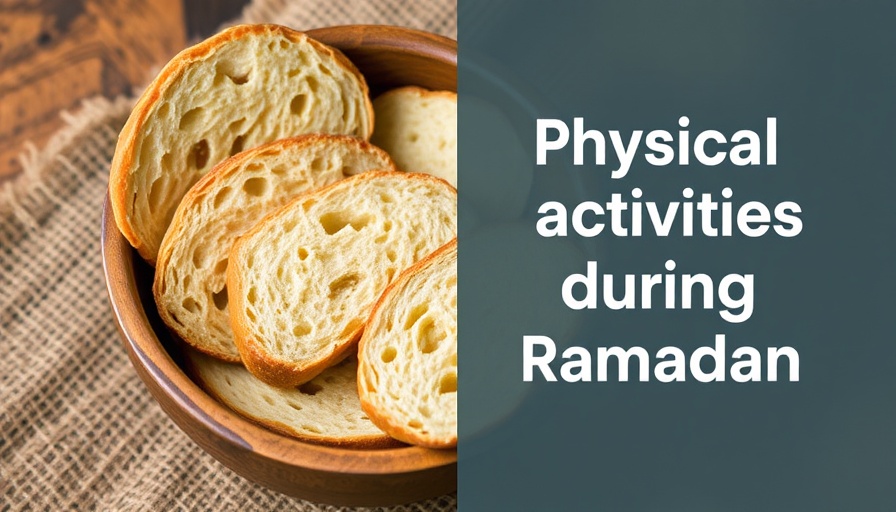
Understanding the Stress-Weight Loss Connection
In our increasingly fast-paced lives, the relationship between stress and weight loss cannot be overstated. When faced with stress, our bodies release cortisol, a hormone that can lead not only to increased hunger but also to cravings for high-fat and high-sugar foods. This biological response is a survival mechanism but can derail our weight loss efforts if not managed properly. Understanding this connection is crucial for those on a weight loss journey.
Mindfulness Meditation: A Sanctuary from Stress
Mindfulness meditation has gained popularity as an effective stress-relieving technique, allowing individuals to focus on the present moment. This practice helps reduce anxiety and emotional eating behaviors often triggered by stressors. By dedicating just a few minutes each day to mindfulness meditation, you can cultivate a sense of calm that supports better decision-making concerning food and lifestyle choices.
Embrace Deep Breathing Techniques for Calm
Deep breathing techniques are incredibly beneficial for stress reduction. Engaging in deep breaths not only calms the mind but also activates the body’s relaxation response, alleviating stress symptoms like increased heart rate and blood pressure. Incorporating these breathing exercises into your daily routine can significantly enhance your overall sense of well-being and aid your weight loss journey.
The Power of Regular Physical Activity
Exercise serves as a natural stress reliever. When you engage in physical activity, your body releases endorphins—neurotransmitters that boost mood and diminish anxiety. Regular aerobic exercise not only helps in weight management but also improves sleep quality, creating a positive feedback loop that reduces stress and reinforces healthy behaviors.
The Importance of Quality Sleep
Good sleep is vital for both stress management and successful weight loss. Stress affects sleep patterns, and poor sleep can lead to increased stress, creating a vicious cycle. Establishing healthier sleep habits, like maintaining a regular sleep schedule and creating a restful environment, can greatly mitigate stress and enhance your weight loss efforts.
Nourishing and Balanced Diet Choices
A nutrient-rich diet is essential for managing stress and supporting weight loss. Foods rich in whole grains, fruits, vegetables, and lean proteins provide your body with the energy it needs to handle stressors effectively. By prioritizing balanced meals, you can help stave off cravings and emotional eating, staying aligned with your weight loss goals.
Conclusion: Unlocking Weight Loss Success Through Stress Management
By integrating these stress management techniques into your daily routine—mindfulness meditation, deep breathing, regular physical activity, quality sleep, and balanced nutrition—you can create a holistic approach that not only helps with weight management but also enhances your overall well-being. Remember, reducing stress can pave the way for a successful weight loss journey, making it essential to prioritize mental health alongside physical health.
 Add Row
Add Row  Add
Add 




Write A Comment